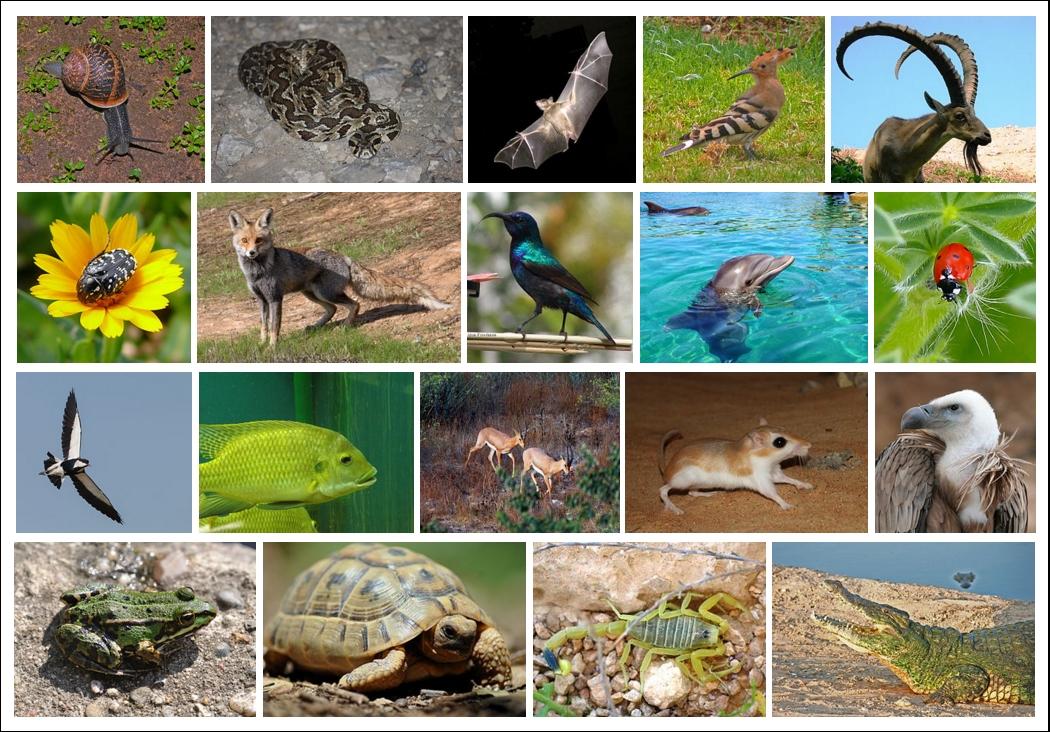
Exploring Plant Life Cycles and Bee Basics! Part 2 of 3
Day 2 of this lesson plan for 1st-grade students plays a crucial role in bridging theoretical understanding with hands-on experience. It deepens students' knowledge of pollination, emphasizing the essential role of bees in plant reproduction. Through the creation of seed balls for bee-friendly wildflowers, this day reinforces STEM concepts. Students explore the intricate process of pollination and learn about the ecological importance of wildflowers. Additionally, the lesson introduces the life cycle of bees, aligning with STEM objectives. The hands-on activity involves practical elements such as material use and measurement, and it supports ecological stewardship. By fostering a sense of responsibility towards the environment and instilling a comprehensive understanding of plant-pollinator interdependence, Day 2 enriches STEM learning while engaging young learners.
Lesson Grade Level
1st GradeLesson Plan Link/URL
https://docs.google.com/presentation/d/1e4uT8_W6b-6FkQbRhgnUjhieEuZiKAHX/edit?u…Subject Area
Science Life Science L1: Cells L2: Organisms & Energy Technology 2. Digital Citizen Mathematics Measurement and Data (MD) English Language Arts (ELA) WritingRelated Content

With this lesson, students learn how to do simple macroinvertebrates sampling and identification using common resources to determine the environmental health status of perennial streams in Arizona

24 Hour Garbage Lab
Three day lesson on garbage, recycling, and composting. Day 1: Students are provided a garbage bag and no instruction on recycling. *Collect all of your disposable garbage for 24 hours. Bring it back

In this lesson, students will extract chlorophyll from spinach leaves and make different concentrations following the dilution method. Students will learn to compare the absorbance values obtained at